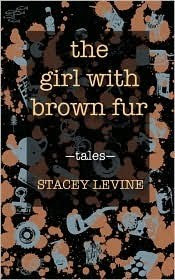

July 6, 2010 05:06pm
James Kaelan's
We're Getting On is a very absorbing novella which is quite clearly intended to pay tribute, as acolyte to master, to the work of Samuel Beckett. Readers familiar with Beckett's fiction and theater pieces will recognize multitudes of allusions, themes, images and uses of language directly referencing the older writer's oeuvre. The title itself refers to the famous final line from
The Unnamable: "I can't go on, I'll go on." and the book begins with an epigraph from the same work.
Aside from its obvious function as homage, Kaelan's book is also a gripping and thought provoking story on its own. The writing is highly effective in conveying the coolly crumbling obsessions of the central character and the increasingly desperate circumstances faced by his band of followers as he proceeds to strip every last vestige of civilization from their lives in the remote, inhospitable, wilderness to which he has led them. If it doesn't completely rise above being a pastiche of its models, it nevertheless is a very satisfying two hour read.
___________________________________
I finally managed to get a hold of an elusive copy of Sam Pink's first book,
I am Going to Clone Myself Then Kill the Clone and Eat It, and once again was laughing out loud and reading excerpts to anyone around who would listen. Yes it's totally twisted, despairingly negative and nihilistic but it's so, so funny, even eloquently and touchingly so in places, that everyone who appreciates the outer extremes of absurdity in literature must read this!



















































